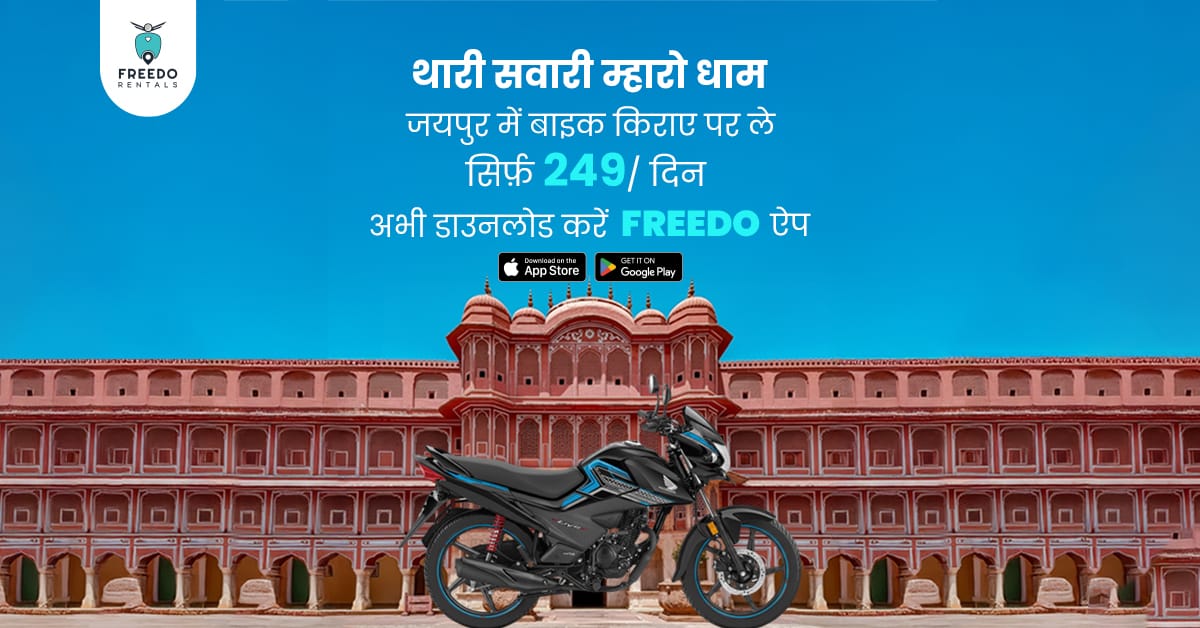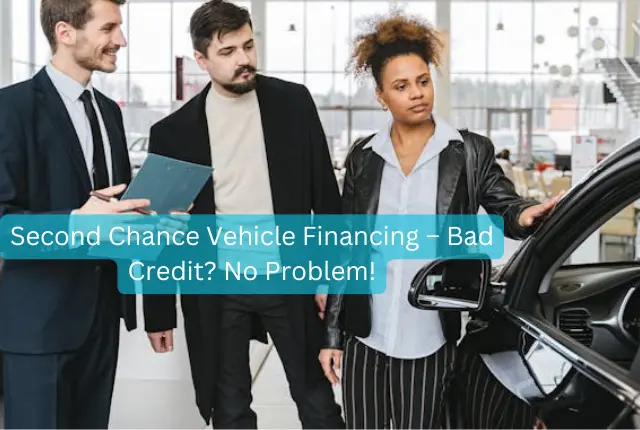Buying a car can be a challenging process for anyone, but it surely becomes harder when credit history comes into consideration. Missed payments, bankruptcies, lack of credit history; for one reason or another, many people cannot obtain financing through conventional lenders. Here enters second-chance vehicle financing. The primary objective of this financing is to provide people with poor credit histories, or no piddling history, an opportunity to get a vehicle and reestablish their financial credibility.
This blog regards second chance vehicle financing, who qualifies, and what you can expect with the application in hopes of answering some stigma-hack questions that may allow you to make better-informed decisions. Whether you’re searching for second chance auto financing near me or trying to recover from financial setbacks, this blog will walk you through how second-chance financing works, who qualifies, and what you can expect—so you can make informed, empowered decisions.
What Is Second Chance Vehicle Financing?
They’re Second chance vehicle financing, a sort of auto loan meant specifically for those whose car loan application has been refused by traditional lenders due, maybe, to some bad credit issues, bankruptcy, repossessions, or just that they never really had any type of credit history in the first place. They are, hence, financed through lenders who provide this avenue of assistance to high-risk borrowers.
Unlike conventional auto loans, second chance auto financing looks at the full scope of your financial situation. For example, a lender may consider your:
- Employment status and history
- Monthly income and expenses
- Residency stability
- Willingness to provide a down payment
Second chance vehicle financing is aimed at helping you not only to purchase your vehicle but to restore your credit, too, if all payments are timely.
Who Qualifies for Second Chance Financing?
Second chance vehicle financing is specifically designed for individuals with non-ideal financial backgrounds. You may qualify if:
1. You Have a Low Credit Score
Borrowers with credit scores below 600 often face rejection from banks or credit unions. With second chance car finance, credit isn’t the only deciding factor.
2. You’ve Experienced Bankruptcy or Foreclosure
If you’ve had a bankruptcy (especially one that has been discharged), second chance financing auto lenders may still approve your loan application.
3. You Have a History of Repossession
Having a vehicle repossessed in the past is a major red flag for most lenders. However, second chance financing providers may still approve your loan under specific conditions.
4. You Have No Credit History
If you’re a first-time borrower or new to the country, second chance car finance can serve as a starting point for building financial credibility.
5. You Have a Stable Income but Bad Credit
Second chance lenders focus more on your ability to repay than your credit past. If you have a consistent job and income, you’re more likely to qualify.
Expectations from Second Chance Vehicle Financing
With second chance vehicle financing, it’s possible to get that needed financial assistance, but it should involve a realistic outlook.
1. Higher Interest Rates
Since they are perceived as riskier, second-chance loans usually have a higher interest rate compared to an auto loan. That is a price you are paying- for getting approved with a low credit rating.
2. Limited Choice of Vehicle
Most second chance loan arrangements are tied to certain dealerships or vehicle inventories. Generally, you are denied the freedom to select any car from the lot. Dealers try to restrict it to cars within a particular price range or condition.
3. Down-Payment Requirements
You may have to put down a large sum of money to lessen the lender’s risk so that you will not have to borrow as much.
4. Shorter Loan Terms
Most second chance financing auto arrangements feature Shorter loan terms than traditional financing may be imposed, often between 24 and 48 months, which leads to higher monthly payments but the rapid payoff that might help your credit build faster.
5. Chance to Rebuild Credit
The prime benefit that comes with second chance financing would be second chance credit enhancement opportunities. With on-time payments, you could boost your credit profile and thus qualify for better terms shortly.
6. Proof of Income and Residence Is Mandatory
Expect a run down of recent pay stubs, utility bills, and perhaps even more documentation to discount this capability of living mortgage-backed.
Conclusion
To enable those who have encountered financial difficulties or credit challenges, second chance vehicle financing lends a little hope and opportunity. While the offer may not be too favorable as compared to traditional auto loans, this financing option can help you reach a more healthy path aesthetically and motor-wise.
Before signing up for anything, just take time to:
- Check your credit report
- Budget for a down payment and monthly expenses
- Shop around for different lenders
- Read every bit of the loan terms
Be informed and proactive in your dealings, for the car loan that suits your current needs will also be the foundation for building a better financial future.
Frequently Asked Questions (FAQ’s)
1. Is second chance vehicle financing a scam?
No, second chance vehicle financing is legitimate and offered by reputable lenders. Even so, you want to make sure that you deal with trustworthy providers, and you should always read every last detail because these offers can still involve a level of predatory practice.
2. Will second chance auto loans improve my credit?
Yes, and if your lender reports to the credit bureaus with you successfully making payments on time. Just carry out the loan clean, and your credit score will eventually improve.
3. Do I need a cosigner for a second chance car loan?
Always capable of increasing the probability of an individual’s approval for a loan of their choice or contributing better interest rates is a co-signer who has a good credit rating.
4. How much should I put down on a second chance auto loan?
The minimum down payment required depends on the price of the car and the policies of the lender, but 10%–20% down is a common range.
5. Can I refinance my second chance auto loan later?
Your loan can be refinanced if you have done a great job of fixing your credit since this would most likely decrease the interest rate you have had all along.
Stay updated with AutoMagToday for in-depth guides, real advice, and the latest on bad credit car loans.


